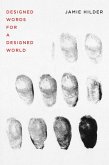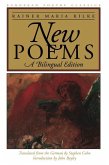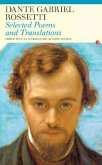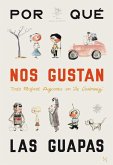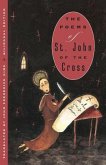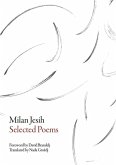"The growth of the work of Octavio Paz," writes Muriel Rukeyser in her preface to this bilingual selection of the Mexican poet's Early Poems, "has made clear to an audience in many languages what was evident from the beginning ... he is a great poet, a world-poet whom we need. The poems here speak--as does all his work since--deeply, erotically, with grave and passionate involvement." In this, a much revised edition of the earlier Selected Poems (Indiana University Press, 1963), Miss Rukeyser has joined to her own translations those of Paul Blackburn, Lysander Kemp, Denise Levertov, and William Carlos Williams, while many of the readings embody Paz's own revisions of the original texts. The poems were chosen from eight separate collections, among them Condición de nube ("Phase of Cloud"), Semillas para un himno ("Seeds for a Psalm"), Piedras sueltas ("Riprap"), and Estación violenta ("Violent Season").
Hinweis: Dieser Artikel kann nur an eine deutsche Lieferadresse ausgeliefert werden.
Hinweis: Dieser Artikel kann nur an eine deutsche Lieferadresse ausgeliefert werden.


